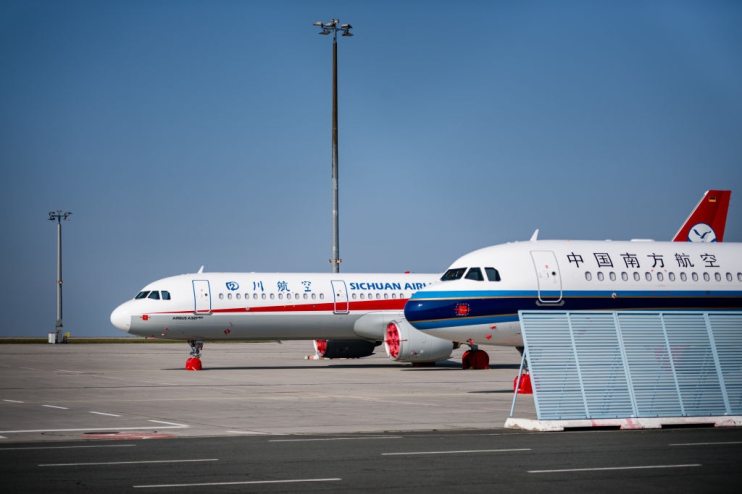Chinese airlines push back against IATA’s net-zero pledges

Chinese carriers lobbied global airlines body IATA to push back its net-zero 2050 deadline but they were rejected by the organisation, which stressed its commitment to the Paris Agreement, according to reports.
Chinese airlines have pushed back against the International Air Transport Association’s (IATA) resolution to commit to net-zero CO2 emissions by 2050. Carriers reportedly lobbied to follow Chinese President Xi Jinping’s pathway to decarbonisation, which sees China becoming carbon neutral in 2060, a decade after the Paris Agreement’s deadline.
China Cargo – China Eastern Airlines’ cargo division – asked IATA to abide by the common but differentiated responsibilities paradigm, a principle of international environmental law that requires all nations to address their net-zero goals, reported the South China Morning Post,. Under the law, states can decide which environmental goals should be mid-term and which ones should be long-term.
Other carriers, such as South China Airlines, proposed to amend the road map allowing different countries to go at their own pace.
By rejecting the airlines’ objections during the its annual general meeting, IATA highlighted its univocal position in terms of the aviation sector’s decarbonisation plans.
“The world’s airlines have taken a momentous decision to ensure that flying is sustainable,” said IATA chief executive Willie Walsh. “That will ensure the freedom of future generations to sustainably explore, learn, trade, build markets, appreciate cultures and connect with people the world over.
“With the collective efforts of the entire value chain and supportive government policies, aviation will achieve net zero emissions by 2050.”
Walsh also reiterated how decarbonisation efforts are not issues that airlines alone can solve but need a collective effort from governments and industry stakeholders.
“Governments are providing policies and financial incentives for infrastructure providers, manufacturers and car owners to be able to collectively make the changes needed for a sustainable future,” he continued. “The same should apply to aviation.
According to Gail Rowntree, associate professor of aviation at Buckhinghamshire New University, the motives behind China’s lobbying lie on the way the country still perceives itself and its economy.
“The challenge here is the Chinese market is mainly domestic or at least regional and they feel that, as a developing country, they need more time to meet the challenging targets,” she told City A.M.
“China, through its largest domestic airlines, is stating that IATA and the Paris Agreement should recognise that some developing regions need support to meet the required targets and should be given more time to do so.”